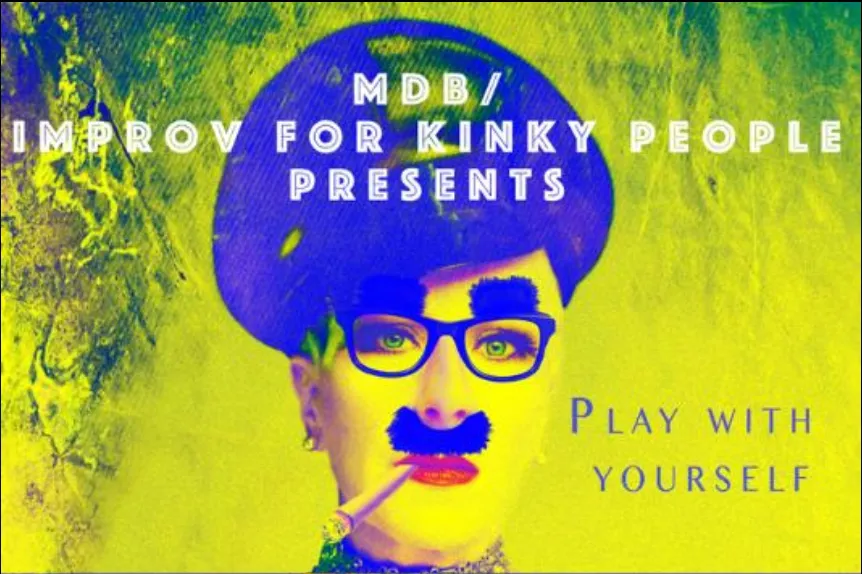zoneag said:
I only posted on this thread when it was started on forum 16. I usually just lurk here because the depth of knowledge on this board is humbling and I don't generally feel like I can add much to the discussion. However, I just can't see how to square this funeral being held in St. Patrick's with canon law.
Quote:
Can. 1184 1. Unless they gave some signs of repentance before death, the following must be deprived of ecclesiastical funerals:
1/ notorious apostates, heretics, and schismatics;
2/ those who chose the cremation of their bodies for reasons contrary to Christian faith;
3/ other manifest sinners who cannot be granted ecclesiastical funerals without public scandal of the faithful.
https://www.vatican.va/archive/cod-iuris-canonici/eng/documents/cic_lib4-cann1166-1190_en.html#:~:text=1%2F%20notorious%20apostates%2C%20heretics%2C,public%20scandal%20of%20the%20faithful.
This seems to bring great scandal to the church. Of course, "everybody has the right to come to church", but not everybody is entitled to sacraments, or Catholic funerals. Particularly "manifest sinners", as this poor soul seemed to be. As a still somewhat neophyte Catholic, I'll be interested to see the discussion on this. This point, from the diocese of Madison seems to be on the mark:
Quote:
Is the potential denial of funeral rites unjust discrimination?
Persons with same-sex attraction, as human persons, have the same rights as all persons, including the right of not being treated in a manner which offends their personal dignity. Nevertheless, these rights are not absolute, and may be legitimately limited for objectively disordered external conduct (unlike the categories of race or ethnicity which are not connected with possible objectively disordered external conduct). This limitation of rights for such external conduct is sometimes not only licit but obligatory. The Church determined over the course of many centuries, in its pastoral wisdom for the care of living souls, that unrepentant manifest sinners should be denied funeral rites if it is impossible to avoid public scandal.
I just don't see how this is not the work of evil in our Church.
There's some great discussion on these canons in The Pillar Podcast this week.
Pillar Podcast Ep 152 - Somebody Sometimes Has to Say NoTo summarize (in case you don't want to listen, but I'd recommend it. It's a pretty entertaining podcast that gets into the weeds of this and other newsworthy Catholic topics):
Though you're more focused on section 3 of the above (manifest sinners and grave scandal), the hosts assert that section 1 may be more relevant, as Gentili was a notorious (publicly known) apostate (as a professed atheist). At the same time, the "some signs of repentance", should be interpreted as generously as possible.
If section 1 doesn't apply, then 3 may apply. We should also look at the following section (If any doubt occurs, the local ordinary is to be consulted, and his judgment must be followed.)
What's clear is that someone dropped the ball on this one. The motivations of those who requested the funeral were it being a comfort to the family/friends. That is not a justification for a ecclesiastical funeral. The rector should have asked those requesting something like, "Hey, this person wasn't a parishoner, were they a practicing Catholic? Did they show signs of repentance at the end?" If so, then a funeral is fine, but at that point, the rector probably should have consulted Cardinal Dolan (or the other ordinary, like the Vicar General or territorial vicar) and done a little more research. If Gentili did show a sign of repentance (this is where "who am I to judge?" actually makes sense, unlike the abuse of the phrase we've seen earlier in this thread), then it would have been prudent to suggest another venue (less public) to avoid the scandal that this caused.
***End of summary, from here it's more my general thoughts, and no longer directed towards you and your post***
None of the above excuses the behavior and blasphemy that we saw. Sure, the cathedral was filled for a funeral, but great sacrilege also occurred. The cathedral was filled with people who Gentili "positively impacted". Can we define "positively impacted"? Is encouraging one to sin, fornicating/sodomizing another a positive impact? Is someone showing up in a church and blaspheming God, committing sacrilege in a sanctuary, or profaning a song to the blessed Mother a "positive impact?"
Yes burying the dead is a corporal work of mercy. It is good to do this, including for those who aren't canonically permitted an ecclesiastical funeral. Is this the only work of mercy? Were the ignorant at the funeral instructed? Were the sinners (especially the blasphemers) admonished? Were those doubtful of the faith given good counsel, or did they walk away reassured of their agnosticism/atheism and sinful lifestyles? Was the sorrowful family comforted, or were they scandalized by the behavior?





